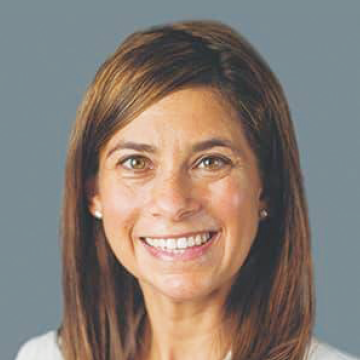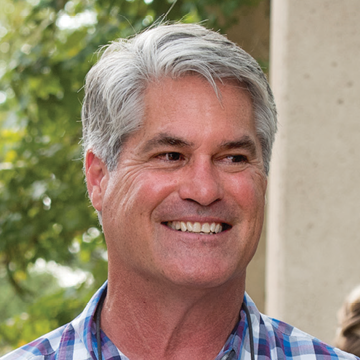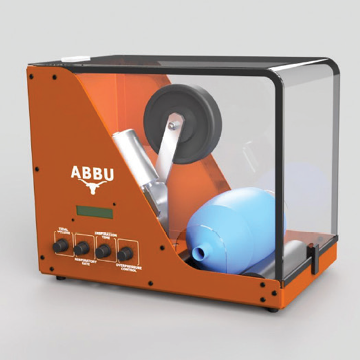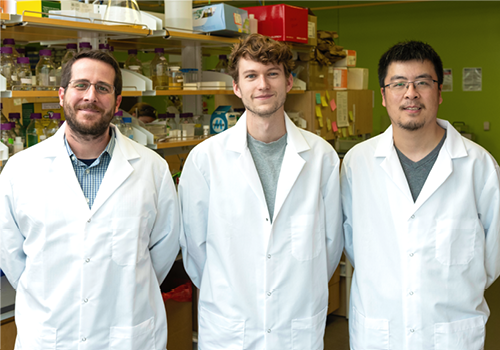Texas’ Fight Against Coronavirus
Alumna’s philanthropic investment leads to coronavirus breakthrough
The family of Betsy Sauer, BBA ’66, invested her estate gift to bring this game-changing technology to UT.
Love, Tito’s supports COVID-19 researchers across campus
Denton A. Cooley Centennial Professor Lauren Ancel Meyers and her team specialize in predicting the spread of infectious diseases. They were some of the first to show how quickly COVID-19 can spread, including by people without symptoms. Now the team is using their models to design control strategies for partners like the CDC, as well as state and local agencies.
Austin-based Tito’s Handmade Vodka, founded by Bert “Tito” Beveridge, B.S. ’84, is supporting Professor Meyers’ work through Love, Tito’s, the brand’s philanthropic arm. To start, Love, Tito’s is providing a multi-million-dollar grant to help fund the development of an innovative decision tool that simulates the spread of a viral infection and can help with nowcasting, forecasting, prevention and control for future pandemics — all aimed at reducing the burden on the health care system and improving the well-being of the population.

Professor Lauren Ancel Meyers is providing COVID-19 guidance to local, state and national decision-makers.



Professor Lauren Ancel Meyers is providing COVID-19 guidance to local, state and national decision-makers.

Love, Tito’s is supporting several key UT efforts to address the pandemic, from global disease modeling to hand sanitizer for front-line clinicians at UT Health Austin.

A UT team is getting innovative low-cost ventilators into the hands of people who need them.
See up-to-the-minute news on UT’s work on the COVID-19 outbreak at coronavirus.utexas.edu.
Love, Tito’s is also funding the rapid final development and production of new, low-cost ventilators that UT researchers have developed for immediate use in Central Texas. The cross-disciplinary team has developed a new type of ventilator that is safe, reliable and deployable anywhere, thanks to its construction from affordable, widely available materials like a windshield wiper motor from a Toyota Camry.
The Austin Bridge Breathing Unit ventilator can be produced at one tenth the cost of a traditional ventilator and, in partnership with Dell Medical School’s Texas Health Catalyst, the team is publishing the design as open source so anyone can build the device where it’s needed.
Longhorn Nation supports UT students in crisis
This spring, UT made dramatic changes to protect the health and safety of our students. That disruption caused unexpected hardships for some Longhorns, but more than 3,900 alumni and friends stepped up to support UT students in need.
Changing the world
More from this series
Robotics Revolution
Visionary venture capitalist Bill Gurley — early investor in household names like Uber and Zillow — helps power a robotics revolution at UT.
The Gift of Time
Over nearly 40 years, the Terry Foundation has invested more than $100 million in scholarships for Longhorns poised to change the world.
Breaking Ground
A visionary investment from Jim and Miriam Mulva is helping to build a new tower on the Forty Acres and adding state-of-the-art new facilities to the McCombs School of Business.



